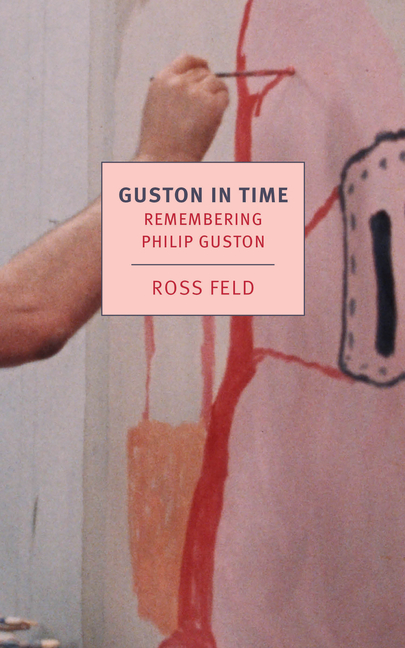In the first of eight short chapters that move between anecdotes of a tender friendship and close readings of individual paintings, interpolated by letters from the artist, Feld puts forward his own proposal as to the ethos of Guston’s work...It is their legacy of a painterly abstraction that is absolutely pure, autonomous, and self-referential that Guston was accused of having betrayed...In what might be a tribute to Guston’s superficially ramshackle but structurally complex late compositions, Feld builds his thesis on the relationship between art and the world out of the clutter of everyday life...We see Guston in his natural environment of home and cheap New York eateries: charming, articulate, mischievous, difficult but not exceptionally so, weak, garrulous, wholly dependent on his wife, generous, self-destructive, all too human.
Read Full Review >>

